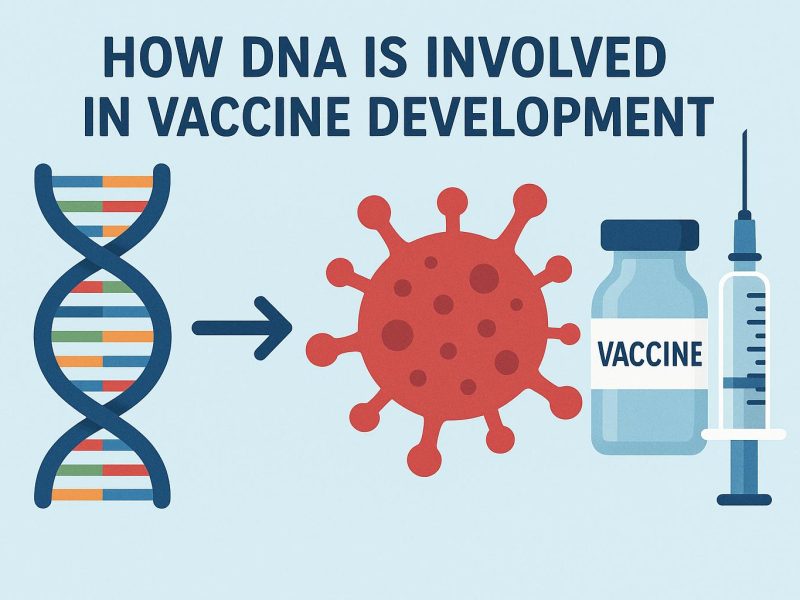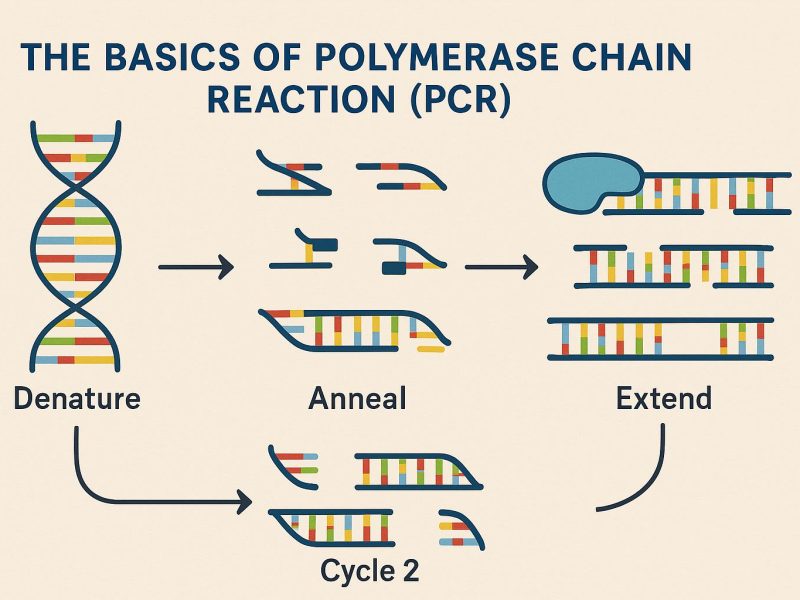Introduction to Personalized Medicine
Personalized medicine, sometimes referred to as precision medicine, represents a transformative approach tailored to the individual characteristics of each patient. This method relies heavily on genetic information derived from the patient’s DNA to inform decision-making in healthcare. By understanding the specific genetic makeup of an individual, medical professionals can tailor treatments that are more effective and have fewer side effects.
The Importance of DNA in Personalized Medicine
The foundation of personalized medicine is the information encoded within DNA. The genome of an individual contains the blueprint for their body’s function and development. Advances in genomic sequencing have made it possible to decode this blueprint with increasing accuracy and speed. This breakthrough enables a more precise understanding of the roles that individual genes play in disease susceptibility and response to treatments, such as medications and therapeutic procedures.
Genetic Variations and Treatment Efficacy
One of the key benefits of using DNA in personalized medicine is the identification of genetic variations that affect the efficacy and safety of certain drugs. Pharmacogenomics, a field studying the interplay between genetics and drug response, aims to ensure that patients receive medications that are both effective and safe based on their genetic makeup. For example, some individuals might metabolize a drug too quickly or too slowly, which can lead to ineffectiveness or toxicity—a scenario that can be informed and avoided by understanding the patient’s genetic code.
The Role of Pharmacogenomics in Treatment Personalization
Pharmacogenomics is rapidly transforming the way clinicians choose medications for their patients. By incorporating genetic testing into the prescribing process, healthcare providers can avoid the traditional trial-and-error approach associated with drug therapies. This customization not only enhances the likelihood of therapeutic success but also minimizes the risk of adverse drug reactions. As the field progresses, it is becoming increasingly clear that personalized treatments can lead to enhanced patient adherence and optimized therapeutic regimens.
Examples of DNA-Driven Personalized Treatments
In oncology, personalized medicine plays a significant role. Many cancers have specific genetic mutations that can be targeted with precision therapies. For instance, certain types of breast cancer might overexpress the HER2 protein, and these can be effectively treated with drugs specifically developed to target this overexpression.
Another example is the treatment of cystic fibrosis, a condition rooted in a single gene mutation. Identifying the specific mutation present in a patient allows clinicians to prescribe targeted therapies that can significantly improve quality of life and extend lifespan.
The Expanding Scope of Personalized Medicine
The applications of personalized medicine are extending beyond oncology and genetic disorders. Fields such as cardiology, infectious diseases, and neurology are exploring how genetic insights can inform treatment selection. For heart disease patients, genetic markers may reveal how a patient will respond to statins or anticoagulants, while in infectious diseases, DNA sequencing of pathogens can assist in selecting the most effective antimicrobial therapy.
The Role of Emerging Technologies
As technology advances, the integration of DNA analysis into regular medical practice is likely to become more widespread. With reduced costs and improved accessibility to genomic sequencing, more patients will benefit from precise medical interventions. Additionally, as more genetic data is collected and analyzed, our understanding of complex gene-environment interactions will deepen, paving the way for more comprehensive personalized treatment strategies.
Challenges Facing DNA-Driven Personalized Medicine
While the potential benefits of personalized medicine are significant, challenges remain that need to be addressed. Data privacy is a major concern, as the personal nature of genetic information necessitates strict regulatory measures to safeguard patient confidentiality. There is also the challenge of interpreting complex genetic data accurately and training healthcare providers to utilize this information effectively in clinical settings. Moreover, the ethical implications of genetic testing, such as potential discrimination based on genetic information, require careful consideration and policy development.
Future Prospects of DNA-Driven Personalized Medicine
The future of personalized medicine is promising, with ongoing research and innovation driving the field forward. One area of particular interest is the potential for predictive genomics, which involves forecasting an individual’s susceptibility to diseases based on their genetic profile. This could lead to preventive measures and lifestyle interventions aimed at minimizing disease risk before it manifests.
Additionally, advances in artificial intelligence and machine learning are expected to play a crucial role in analyzing vast amounts of genetic data and identifying patterns that human analysts might overlook. By harnessing the power of computational tools, researchers can gain deeper insights into the genetic basis of diseases and develop novel therapeutic strategies.
As personalized medicine continues to evolve, it will likely lead to a paradigm shift in healthcare, transforming the focus from treating diseases to maintaining health and preventing illness. This proactive approach promises to not only improve individual patient outcomes but also enhance the overall efficiency and effectiveness of healthcare systems worldwide, ultimately redefining the future of medical care.



